The year 2019 will be remembered as a relatively good year for Irish dairy farmers. Milk price started off well, tapered back slightly in late spring, early summer, but bottomed out and started to increase as the price of global commodities stabilised.
On-farm milk solids production and grass growth were excellent, with rain arriving at the right time for the dry soil farms in the east and a relatively good weather all year up the northwest, at least until August. From August onwards, rain started to affect grazing and ground conditions in the western counties, and again brought grazing to a premature halt in October for many in the northwest.
Milk supply will be up in 2019 for many of the major processors, where supply was affected by drought last year. In terms of total supply, both Dairygold and Glanbia could end between 6% and 8% up for the year. These catchments represent the drought affected zones last year, but also where a lot of new milk is coming from. As 2019 draws to a close, the prospects for dairy markets continue to look strong, with demand from China for high-quality, safe protein continuing to set the pace for exporters out of Ireland.
On the processor front, LacPatrick has merged into the new enlarged Lakeland business now brings scale to milk collection in the northern half of the country. We have seen ongoing investment where milk pools are growing down south, but as of yet there has been no joined-up thinking on investment.
If anything, we have seen a slight move to more solo running, with Glanbia launching a Truly Grass Fed brand of cheese in late 2018 and subsequently butter, in direct competition to Kerrygold in the US. In a review of Ornua business, it established over 60 conflicts of interest between Ornua and some of the businesses that sit around its board table. Dairygold co-op also launched a new Pastureland brand for business-to-business sales internationally.
These moves subsequently caused division at board level in Ornua (formerly the Irish Dairy Board) and controllers of the Kerrygold brand. As a result, Aaron Forde (CEO at Aurivo) stepped down as Ornua chair in June 2019 to leave the seat open for a more independent chair. Former Kerry Group director Denis Cregan stepped in as chair of Ornua. As we go to print, there is no decision close to hand on resolving these conflicts of interest and the existing directors of Ornua are still in place.
At farm level, there has been more emphasis on increasing the value of bull calves on dairy farms. The latest sexed semen trial saw some excellent results with new technology, but also some very poor results. This year’s trial was carried out on a selection of cows with better fertility, with timing of AI the key focus. There wasn’t any clear outcome in terms of timing and operator handling, and proper thawing of sexed straws has now come into the spotlight.
Concern for the environment and livestock farmers’ responsibility picked up speed in 2019. Various politicians and European Commission personnel have put increased heat on Ireland to improve in terms of its environmental outcomes. As farming is a big player in the Irish economy, it naturally comes under fire for being a large contributor to increasing greenhouse gases, as Ireland, unlike other countries, has no large industrial sector. Ireland still retains its nitrate derogation for water quality, staying ahead of many other EU countries (see pages 24-28) where intensive production indoors is the norm.
While it’s so far so good, it looks like Ireland and dairy farmers in particular will have to plan and develop a future with less bag nitrogen. There is an emergence of certain crops such as red clover and multi-sward species that are set up for lower chemical usage.
Margins from beef sales on many dairy farmers were down in 2019, as beef prices hit close to €3.20/kg. However, the good weather year in 2019 has replenished winter feed stocks so, in general, dairy farmers are less at risk to rising feed costs.




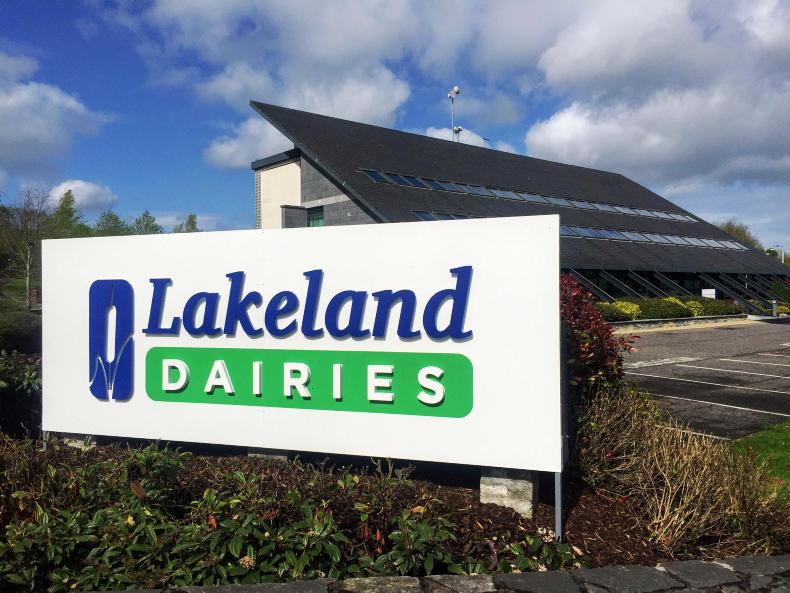
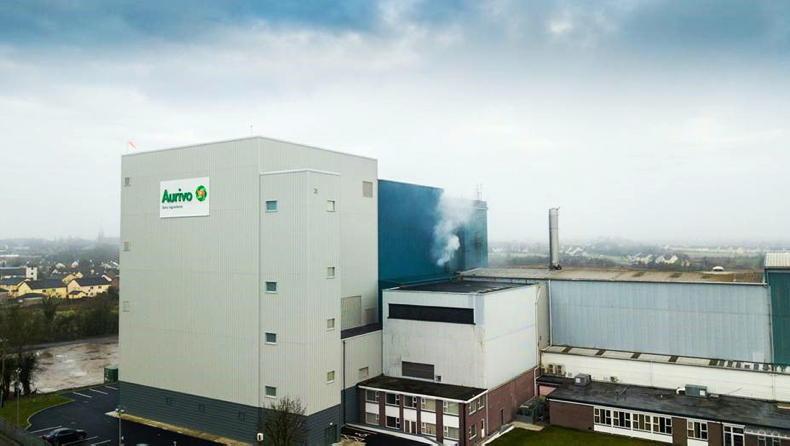
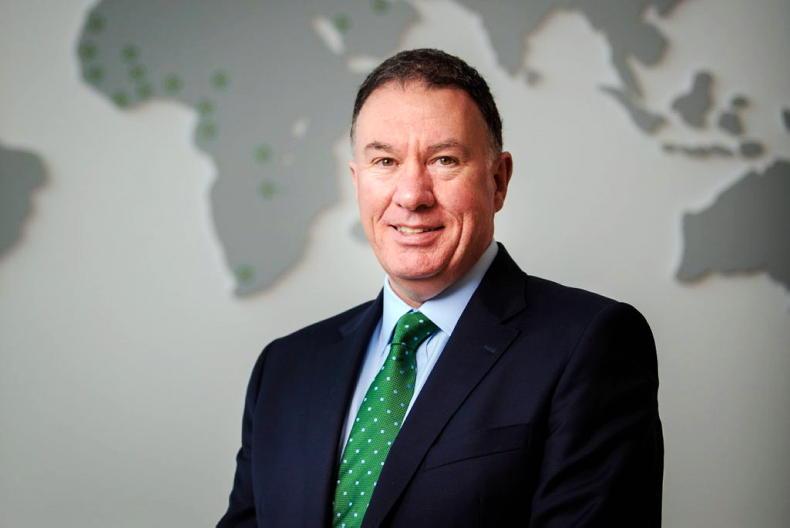
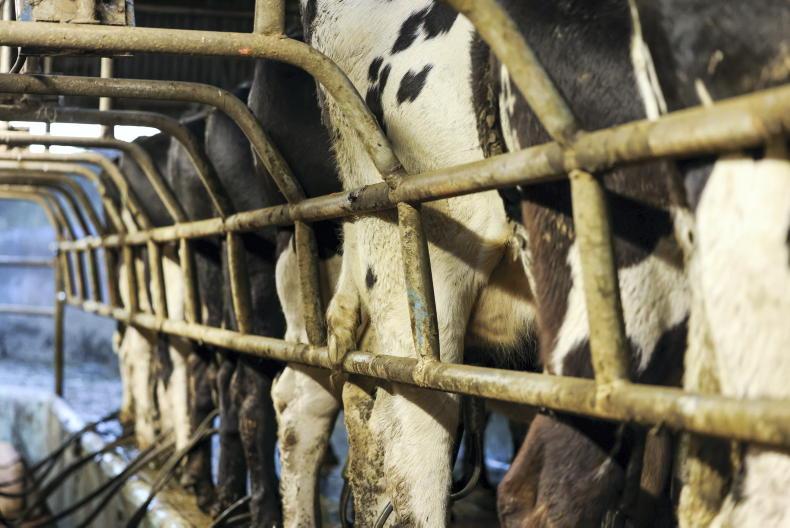
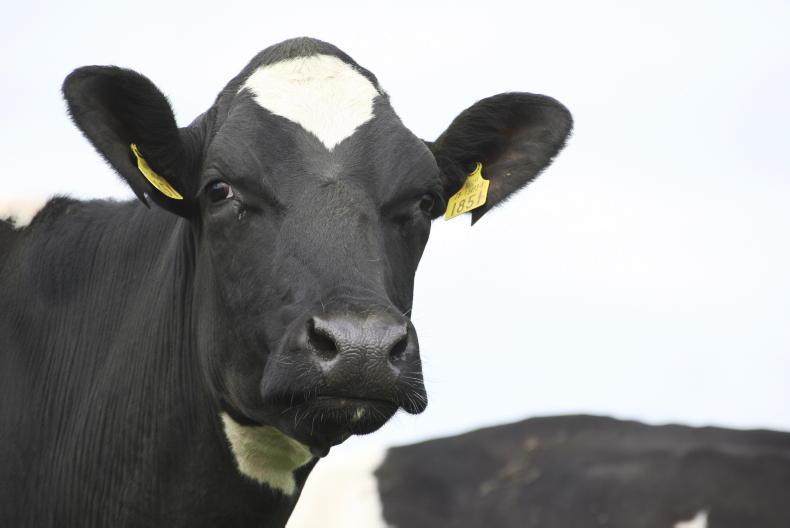
SHARING OPTIONS